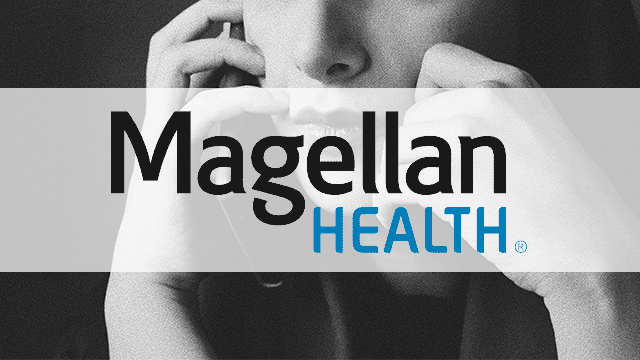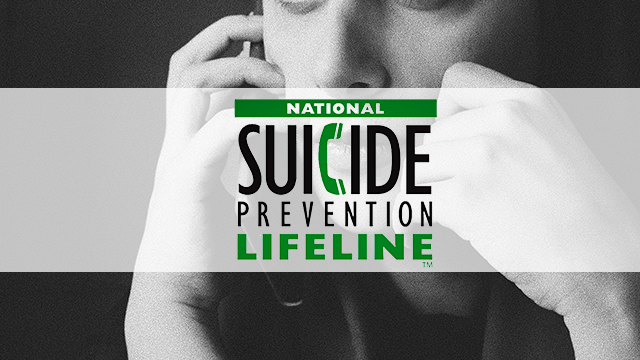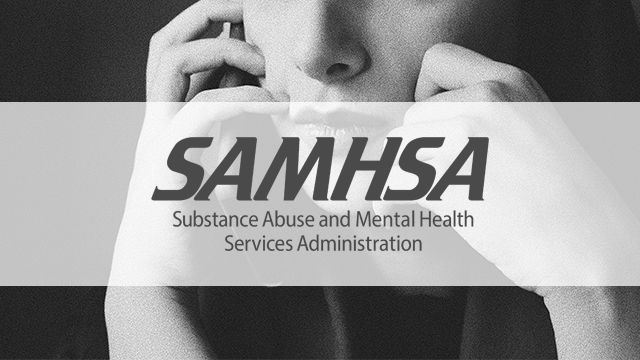PA Wellness
One of the ways to protect against burnout is to focus on your well-being. Well-being is defined as the state of being comfortable, healthy, or happy. There are five main types of well-being that PAs and PA students should be mindful of: emotional, physical, social, workplace, and societal. AAPA is committed to providing resources to help PAs and PA students manage their stress, find meaning and purpose in their work and life, and achieve the five types of well-being.
Data On PA Well-Being & Burnout
41%
of PAs are experiencing at least one or more symptoms of burnout or are completely burned out
56%
of PA students are experiencing at least one or more symptoms of burnout or are completely burned out
79%
of PAs are optimistic about the future of the PA profession
36%
of PAs are pessimistic about the future of healthcare
Keep up to date with the latest news and research on burnout and well-being in healthcare professions. Read what PAs and other organizations are doing to ensure clinician well-being. Learn about risk factors that clinicians may face.
Education & Career Articles
- Feeling Unfulfilled? You Might Need a New Job
- Locum Tenens Offers Work/Life Balance and a Fresh Start
- Getting Ahead of Burnout: Experts Share Tips for Provider Well-being
- How PAs Can Take on More Responsibility Without Burning Out
- Why I Changed Specialties as a PA
- Avoiding Conflict? Tips on Managing Uncomfortable Conversations
- The Balancing Act
- 4 Practice Environment Factors to Consider: Where Will You Thrive?
- The Importance of Communication in Your PA Career
- Provider Burnout and the Risk of Malpractice
- Burnout Can Occur Early Among PAs and PA Students
- PA School Success: Embrace Opportunities and Challenges, Relieve Stress
Practice Tools
- Strategies for PAs to Prevent Burnout
- Boundaries and Professional Wellbeing
- How Mindfulness Can Prevent Burnout
Research Articles
- Study Examines Impact of Depression on PA Professional Fulfillment
- Survey Uncovers Ways Employers Can Enhance the PA Workplace
- Are PAs Burned Out?
Other News
Interested in learning more about burnout and well-being? Here is all the related CME AAPA has to offer in Learning Central. In addition, the AAPA Joint Task Force on Burnout has provided new information and materials, including factsheets. Finally, read a curated collection on burnout and well-being in clinicians.
AAPA CME
- Integrated Well-Being for PAs: Evidence-Based Practices for Self, Teams, and Systems – Interactive
- How to Prevent Burnout: Viewpoints of a Psychiatric PA
- Research in Action 2024 Sessions
- Navigating Wellness: PA Knowledge of Provider Health Plans and Well-Being
- Research Rounds 1 | Rebuilding the PA Pipeline: Addressing Barriers to Entry and Factors that Affect the Well-Being of Marginalized PA Students
- Striking the Right Balance: Personal and Professional Factors Associated with Work-Life Balance Among PAs
- Joint Task Force on Burnout: Well-Being Fact Sheet
- Joint Task Force on Burnout: Moral Distress Fact Sheet
- Joint Task Force on Burnout: Burnout Fact Sheet
- Acknowledging the risk of suicidal ideation, depression, and anxiety in PAs
- Depression, Burnout, and Professional Outcomes among Physician Assistants
- Burnout and Job Satisfaction in the Physician Assistant Profession: A Review of the Literature
- Reasons Physician Assistants Leave Their Jobs
- Burnout, Job Satisfaction, and Stress Levels of PAs
- Read about research published by others outside of AAPA staff here
- Conquering Imposter Phenomenon
- Putting on Your Oxygen Mask: The Importance of Taking Care of Your Mental Health to Succeed in PA School
- Beating Burnout and the Viability of Locum Tenens as a Solution
- PA foundation Podcast – Episode 11 Healthcare Provider Burnout
- PA Foundation Podcast – Episode 17 Covid-19 Emotional Toll on Healthcare Providers
Fact Sheets
Research Articles
Webinars & Podcasts
AAPA supports the awareness and recognition of burnout in all clinicians. In 2018, AAPA adopted an official policy on burnout that states this and also encourages providers to actively engage in strategies to avoid professional burnout (HP-3900.14).
Blueprint
Letter of commitment to NAM
Task Force Charges
In 2019, the House of Delegates and the AAPA Board of directors formed a joint work group between the House and Board. The charges are located here.
This curated list of external resources include resource collections available on other websites, tools to help PAs and PA students address burnout, and discussions that may be of interest or help. In addition, the self-assessment tools can help you find your personal strengths and weaknesses in combating burnout. can help you find your personal strengths and weaknesses in combating burnout. If you find that you are at risk, or experience discomfort when taking these assessments, please seek professional help or reach out to the national crisis hotline.
AAPA is not responsible for the content on these websites.
Crisis Hotlines & Support
Well-Being and Burnout Resources
- NEW National Academy of Medicine National Plan for Health Workforce Well-Being
- National Academy of Medicine Resource Compendium for Health Care Worker Well-Being
- National Alliance on Mental Illness Frontline Wellness
- National Academy of Medicine Action Collaboration on Clinician Well-Being and Resilience
- American Medical Association STEPS Forward™: Toolkit for Burnout and Well-Being
- National Institutes of Health Social Wellness Toolkit
- American Psychiatric Association Well-Being Resources
- Wisconsin Initiative for Stigma Elimination Advancing Adult Compassion Resiliance Toolkit
- TED Talks for when you feel totally burned out
- Harvard University David S. Rosenthal Center for Wellness and Health Promotion & Meditation
Self-Assessment Tools
- Mini Z Burnout Survey (American Medical Association)
- Healthcare Provider Burnout (UNC Services Library)
- Anxiety Screen (Mental Health America)
- Depression Screen (Mental Health America)
- PTSD Screen (Mental Health America)
- Stress Screen (Mental Health America)
- Addiction Screen (Mental Health America)
- Alcohol Use Screen (National Institute on Alcohol Abuse and Alcoholism)
- Well-Being Index (MedEd Web Solution/Mayo Clinic)
- Happiness (University of Pennsylvania: Authentic Happiness)
- Mindfulness (UC Berkley Greater Good Science Center)
- Epworth Sleepiness Scale (Harvard University, Department of Sleep Medicines)


